How this private Pennsylvania college strengthened its city and itself
In this interview, the president of York College of Pennsylvania talks about how the Center for Community Engagement has improved the town-gown relationship and made both the institution and the region stronger.
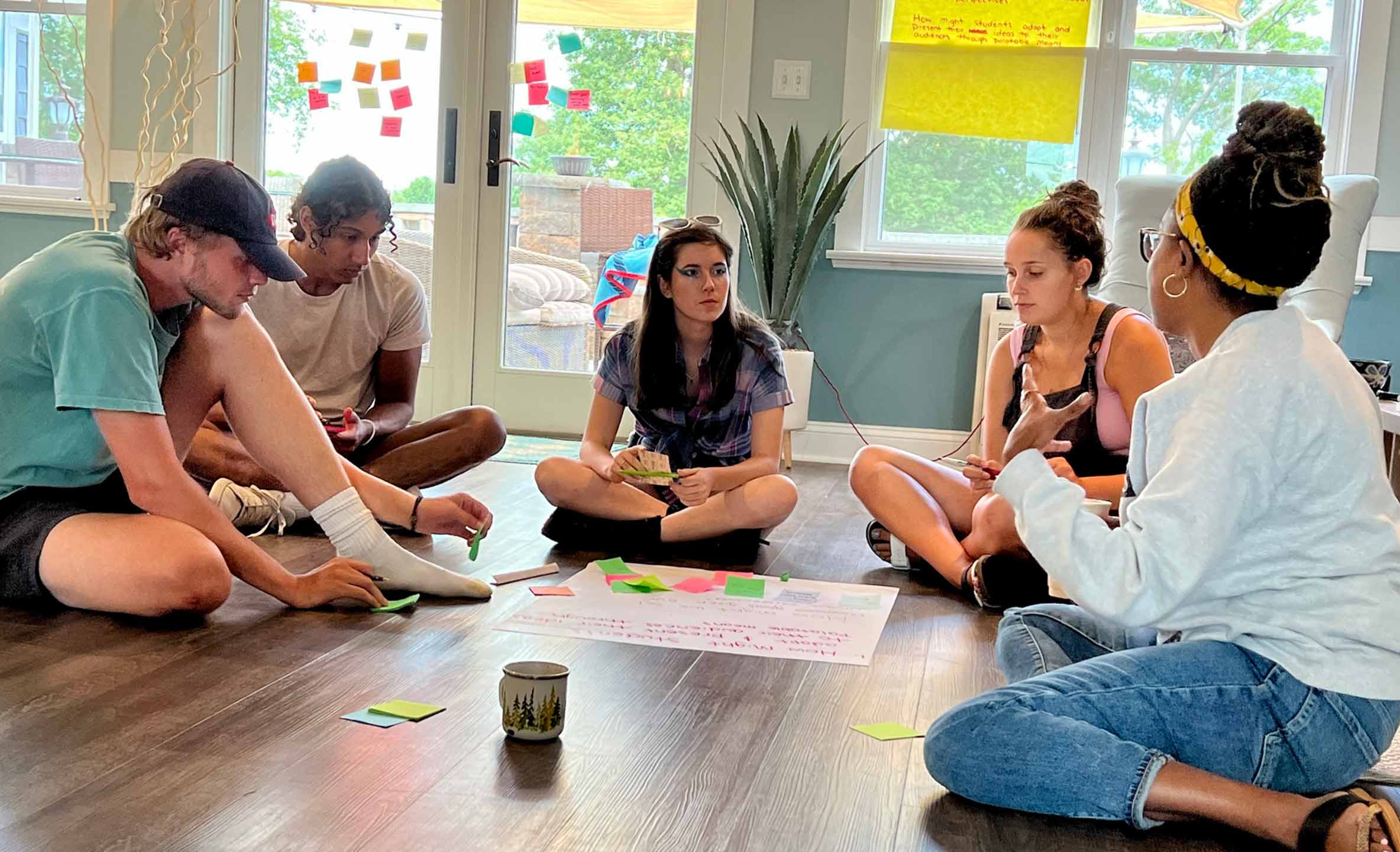
Five years before Pamela Gunter-Smith became president of York College of Pennsylvania, the institution surrounded its campus with a fence.
The college said the fence was for safety. Many local residents saw it as a barrier to separate York College from the city of York.
In her decade at York College — the private comprehensive institution of about 3,500 students located two hours west of Philadelphia — Gunter-Smith made it a top priority to repair this town-gown divide.
The centerpiece of this effort is the Center for Community Engagement. Established in 2015 and now occupying a three-story 19th-century building in downtown York, the center works annually with more than 70 community partners and more than 300 student volunteers. By providing a mechanism for the college’s students and faculty and York’s businesses and organizations to share resources and work collaboratively, the center has strengthened both the college and the region and emerged as a model for successful town-gown relationships.
As Gunter-Smith prepares to end her service to York College this summer, she spoke about the origins, mission and impact — both to the college and the community — of this legacy-defining initiative.
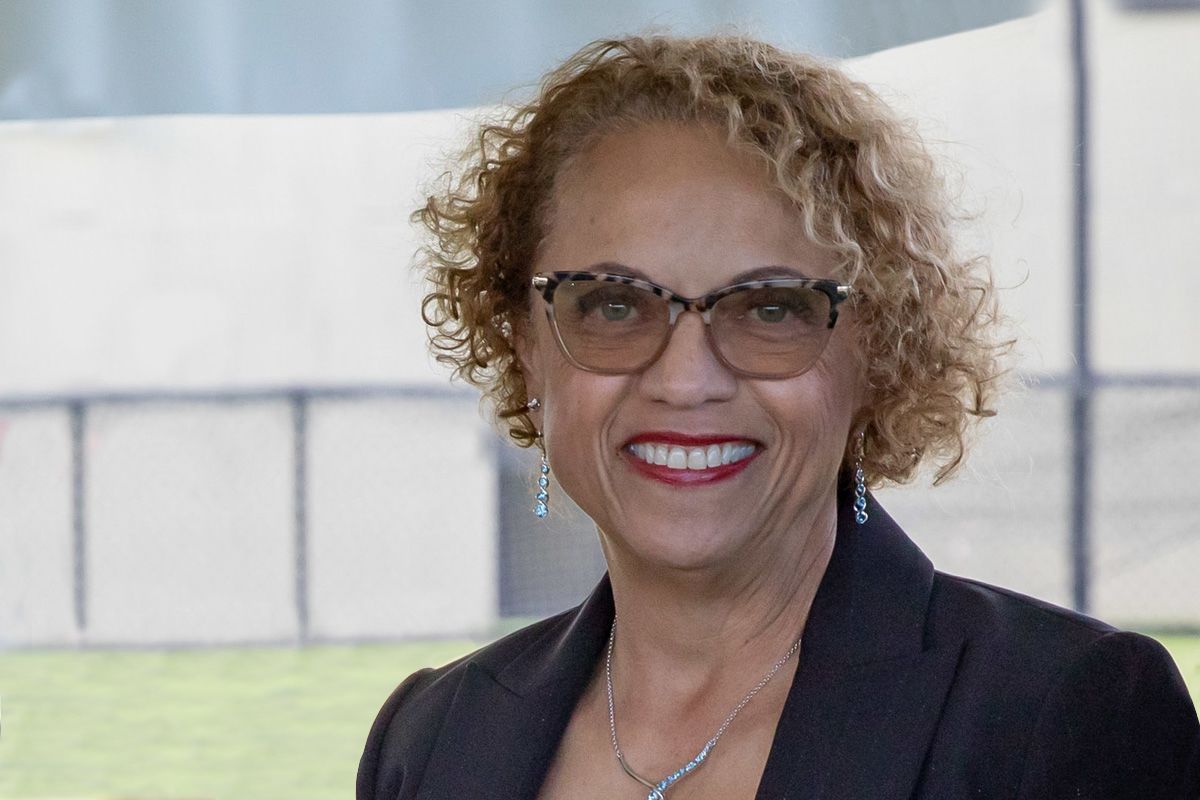
Dr. Pamela Gunter-Smith
Dr. Pamela Gunter-Smith
Let’s start by talking about the Center for Community Engagement. What is it? What does it do?
The CCE allows us to use the city as a living laboratory for our students and to form meaningful relationships that serve the educational mission of the college while also improving the city where we live.
We have a number of programs that come out of the center. We have the Engaged Scholars program, our honors community. The Urban Collaborative allows students to look at housing equity. The center also has the Glatfelter Institute for Public Policy. We think of it as a think tank. Community groups can ask for background data on problems they want to look at. The institute has blossomed and now offers a master’s of public policy and administration.
It’s great that we do things for the community, but it’s important that everything we do has to benefit our students. I think we have done it in a way that’s authentically seen as also being good shepherds of the place in which we reside.
But this isn’t service-learning, correct?
Yes. The center goes well beyond volunteerism and what a lot of institutions do around service-learning. As we talked about experiential learning and project-based learning at York College, we wanted to do something distinctive and work with community partners to make that happen. We do community-based learning through community-based courses across multiple disciplines.
Give me an example or two.
I mentioned the Urban Collaborative to help promote development of neighborhoods without gentrifying them and help individuals understand home ownership.
The Glatfelter institute — this was suggested by the United Way of York County initially — did the first comprehensive study of the needs of the area’s growing Hispanic and Latinx population. That served as the basis for public policy development.
One of the initial projects involved working with the York County Industrial Development Authority on the Yorktowne Hotel, the historic hotel that’s across the street from the CCE. One of our project-based learning courses brings together our students — Engineering students or Hospitality Management students or graphic designers — to design a project that’s going to be useful to the hotel as it continues to develop.
Students have come up with a program for customer service incentives for future employees. Students created a video and marketing piece for the hotel. They developed a program to bring in external contractors who might want to bid on hotel contracts. It’s real work that the students learn from. These projects give students very valuable experience that we all know comes from doing that kind of work — working as a team, seeing a project through, learning to troubleshoot, being able to work with a variety of different individuals, and then presenting it and seeing the impact of their work.
Why did you start the center?
York has not had an easy time of it. When I interviewed here, there were a lot of blighted properties. People were asking what the college was doing, and the college viewed the city as separate.
I thought it was good for the college to be part of the solution and not isolated from where we live and where we work. If we’re going to be in the city and use the resources of the city and the region to educate our students and develop those relationships, we needed to plant a flag right in the city. The phrase I always have used is, As the city goes, York College goes. And as York College goes, the city goes.
I’m also the first woman of color who has led this institution. One thing I said to the head of the center [founding dean Dominic DelliCarpini] is that the CCE has to have a place for everyone at the table. I think the community saw my coming here as a major change for the college. They were hopeful and waiting to see what was going to happen. I think I have delivered on that hope.
How did you secure a historic building for the center?
The late Louis Appell Jr. was a very influential person in York, and he was looking to create a renaissance in the city. He had bought the former Lafayette Club — the city’s old businessmen’s club — to salvage the property. The building had the right look and the right feel, and I thought it was a perfect place to put down a flag. So we opened up the conversation with Louis about donating the building to the college to house the center. I told him what we wanted to do with it, and he thought it was wonderful.
How is the center funded?
We’re using tuition dollars, and we’ve been able to raise money from foundations and donors in the area. Because we’re using student tuition dollars to fund it, it has to serve the students. We have always adhered to that.
Do you think you’ve been successful?
I would say the attitude of the community toward the college has changed drastically. Our town-grown relationships are extremely, extremely strong. The college is seen as a true partner with the community. I was talking once with someone from the York County Economic Alliance about the work the college had done. He said the community used to call us “York College” but it’s now just “the college.” That says to me that we are the city’s institution and are seen as valued.
We have some other programs coming forward with tremendous support from the entire community. For example, we’re converting an old paper mill into the Knowledge Park that will bring in businesses who want to work with our students and faculty on projects. The Knowledge Park is not part of the CCE, but the success of the CCE has led to that kind of partnership.
One of the things my presidency will be known for is opening the gates of York College for traffic to go back and forth. We’re going outward, and the community can use the resources that we have. I’m very proud of the work that we’ve done.
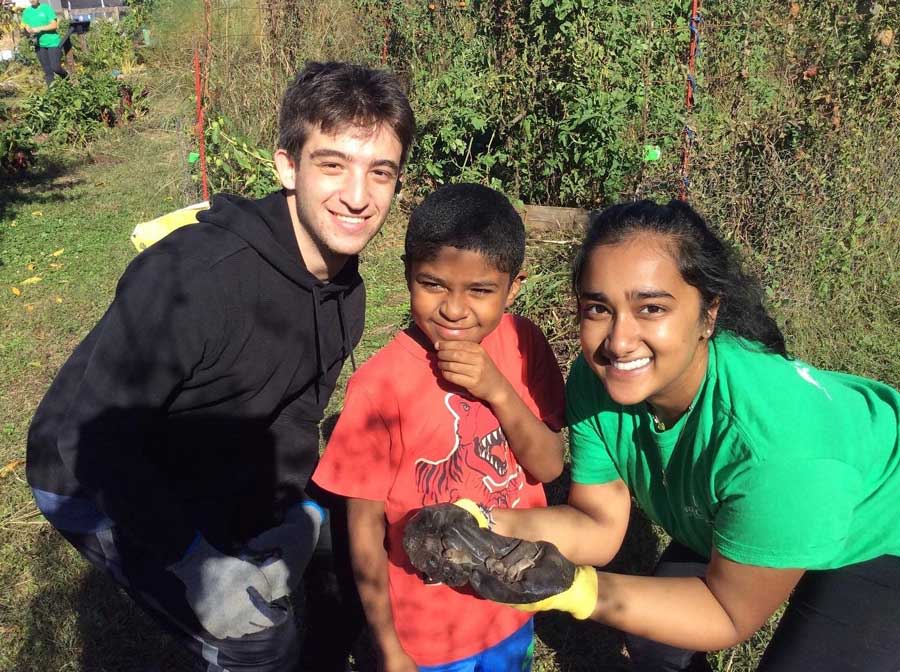
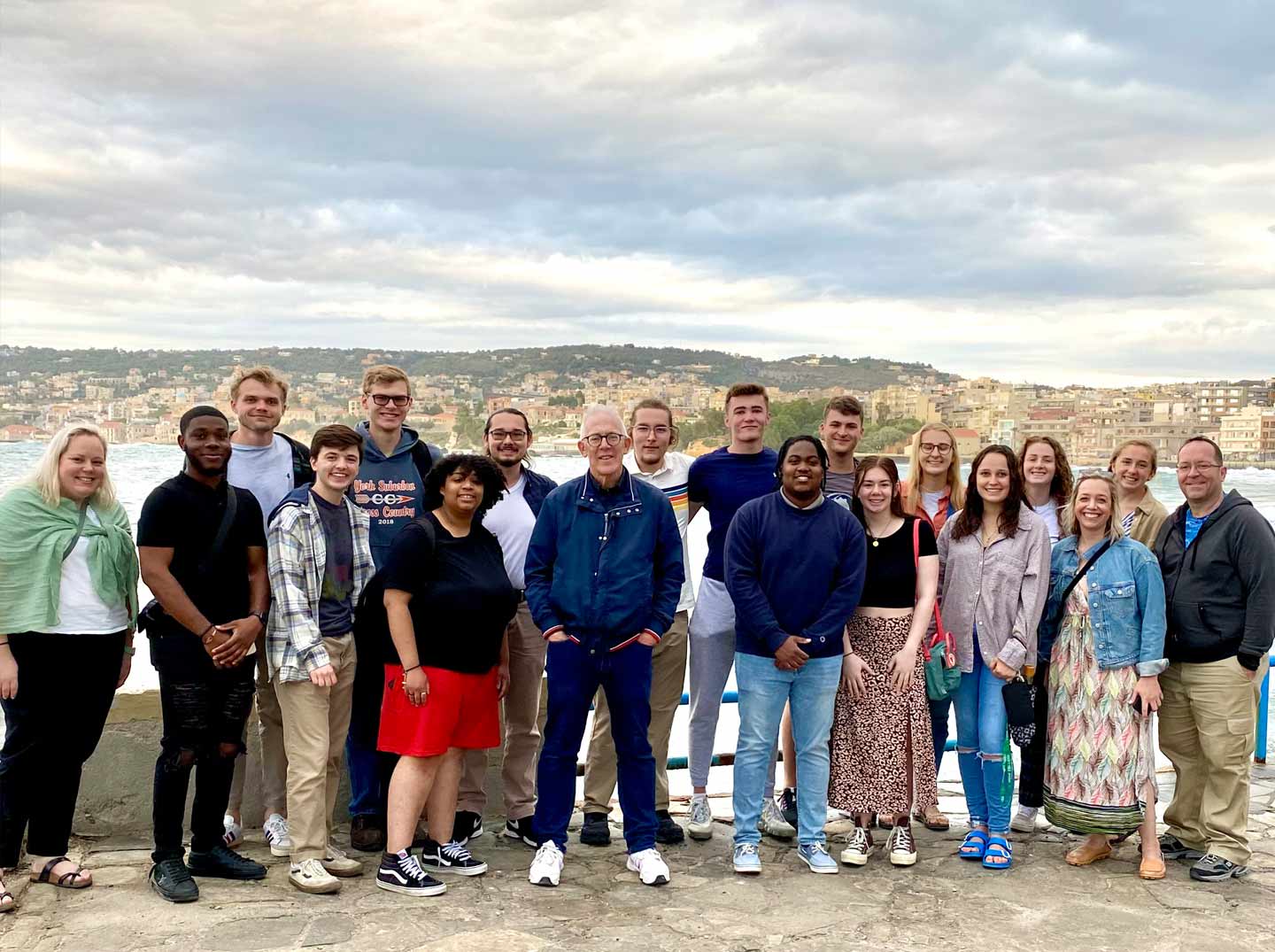
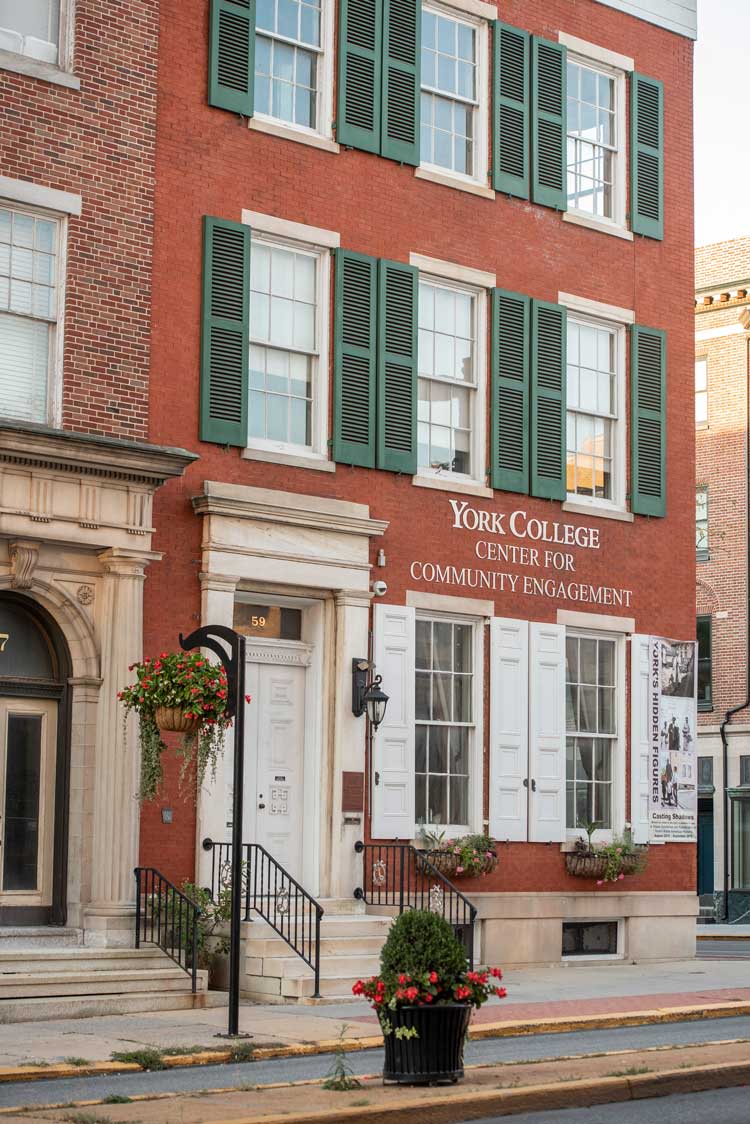
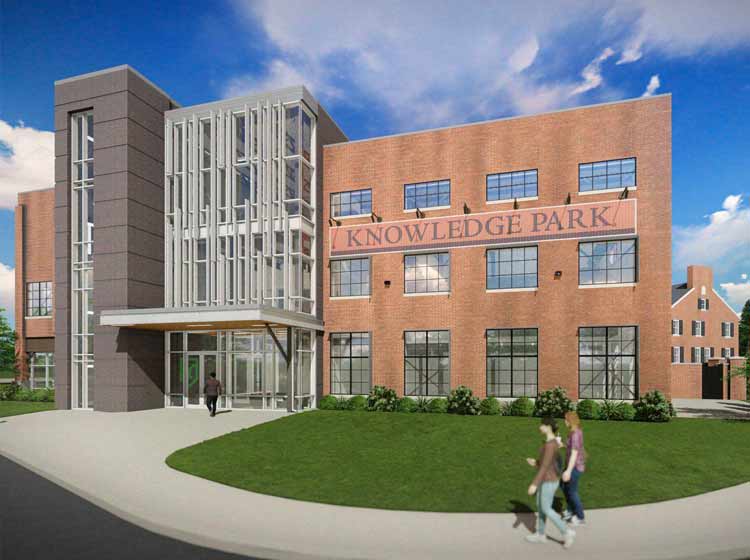
This custom content is sponsored by York College of Pennsylvania and developed by Inside Higher Ed's sponsored content team. The editorial staff of Inside Higher Ed had no role in its creation.


